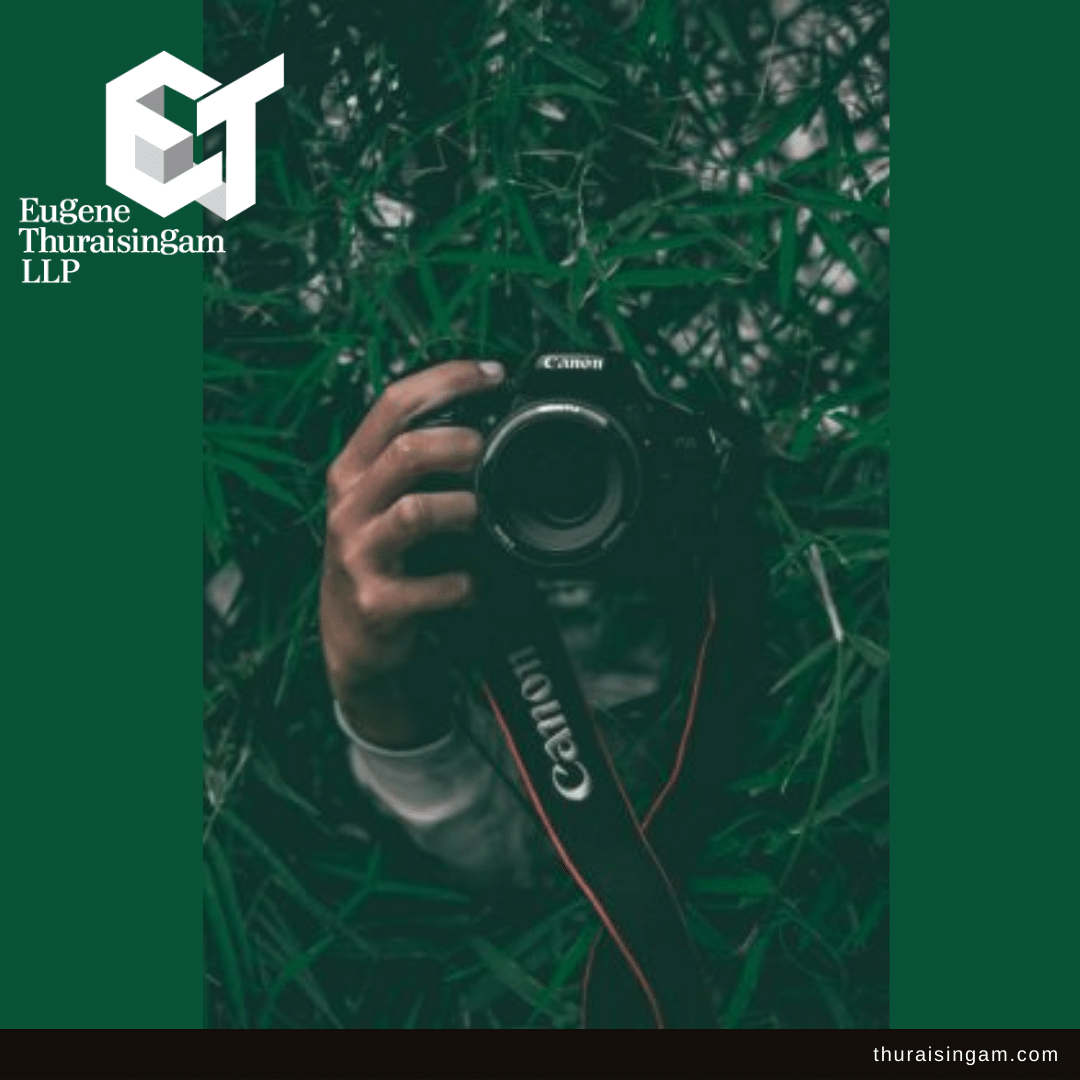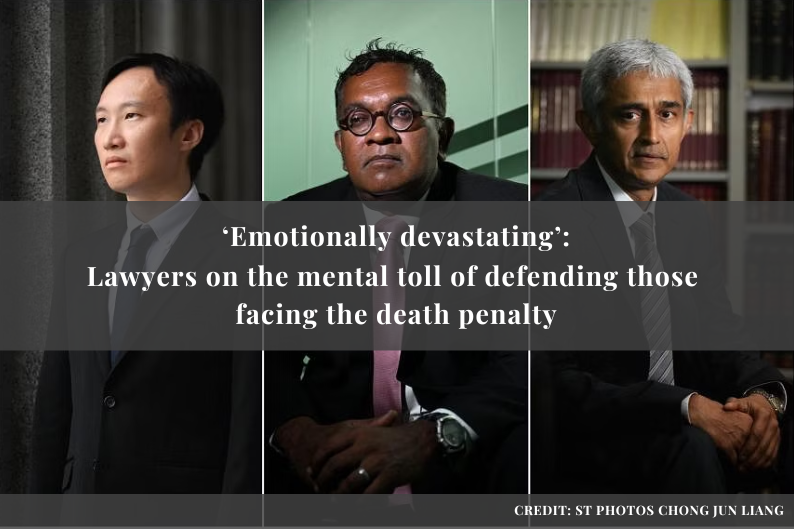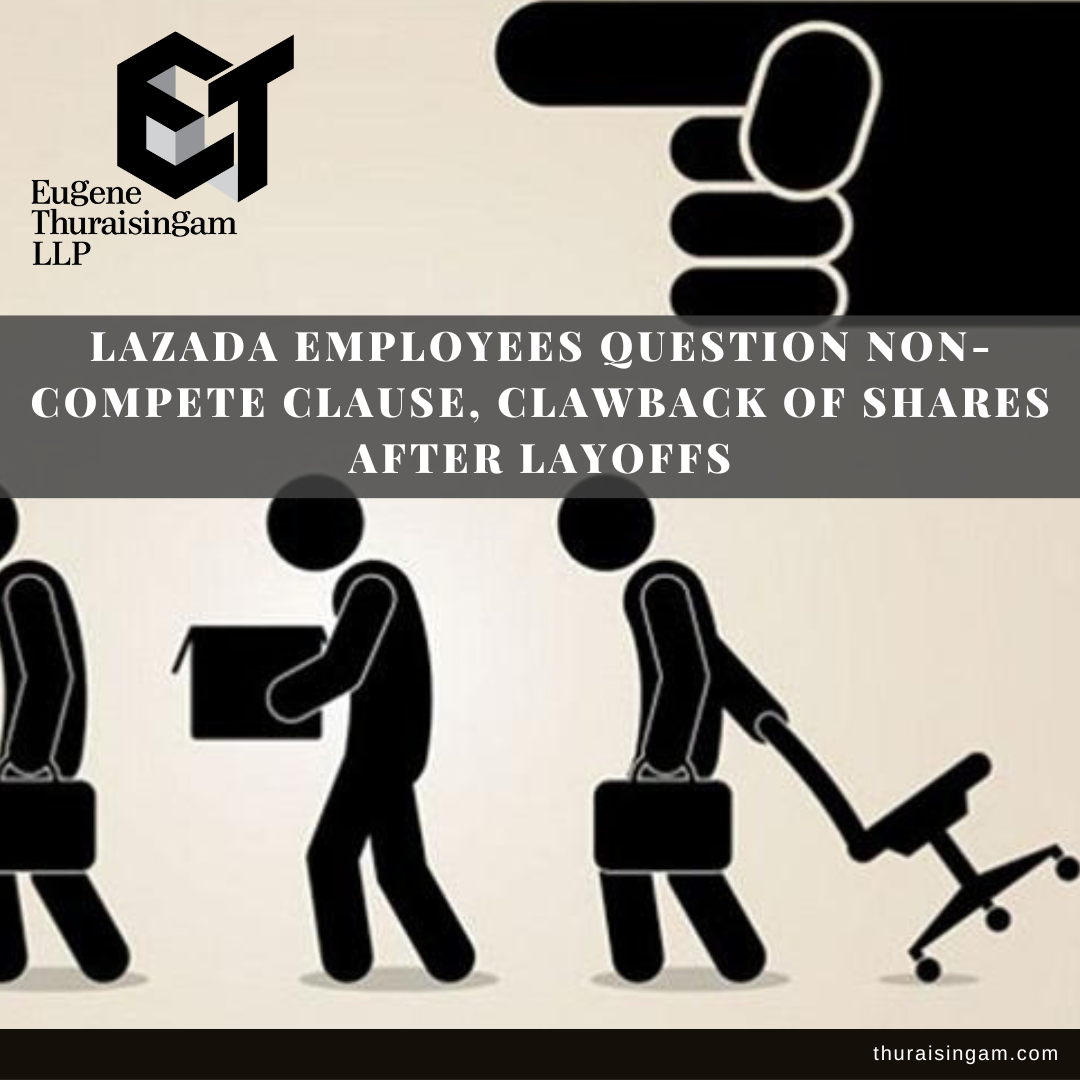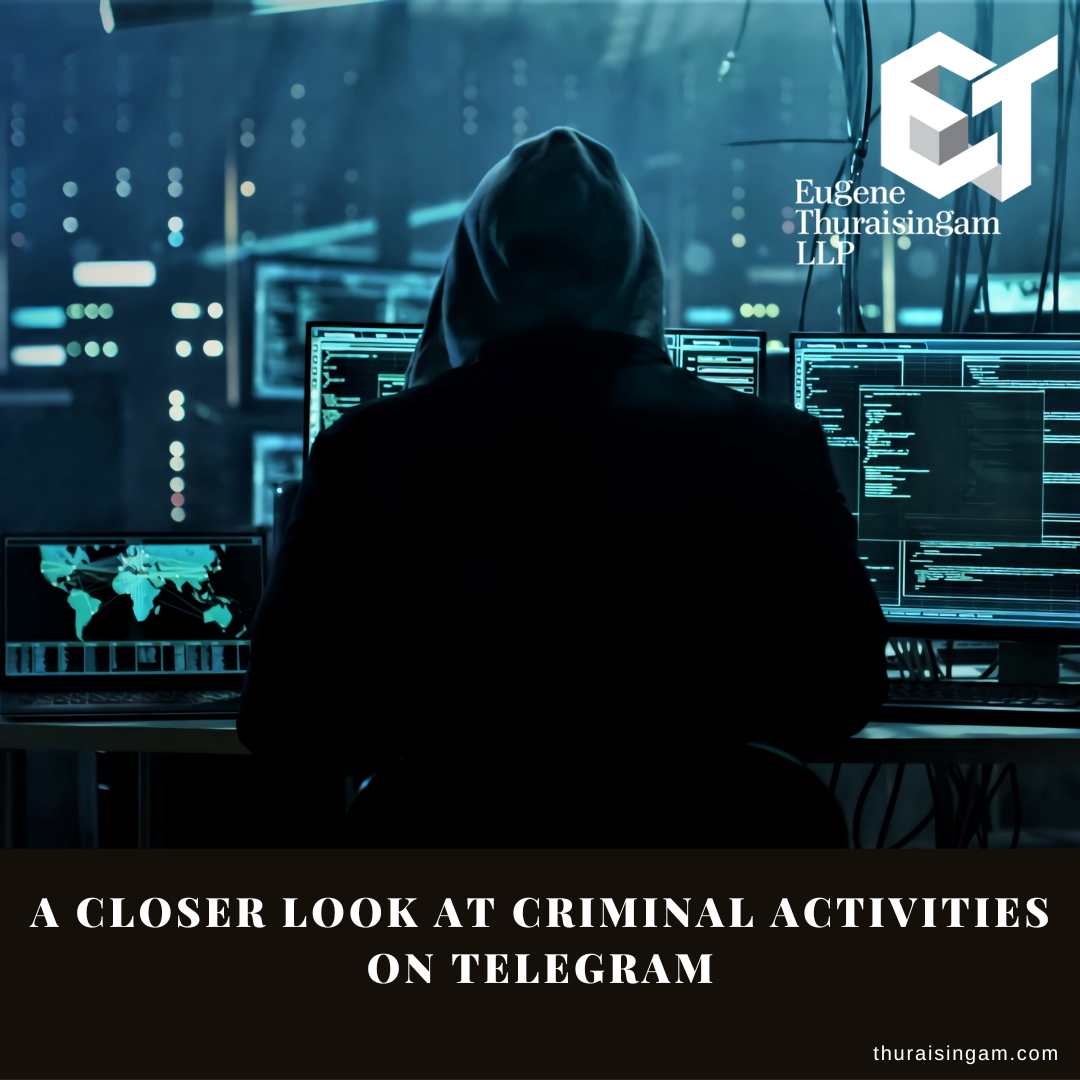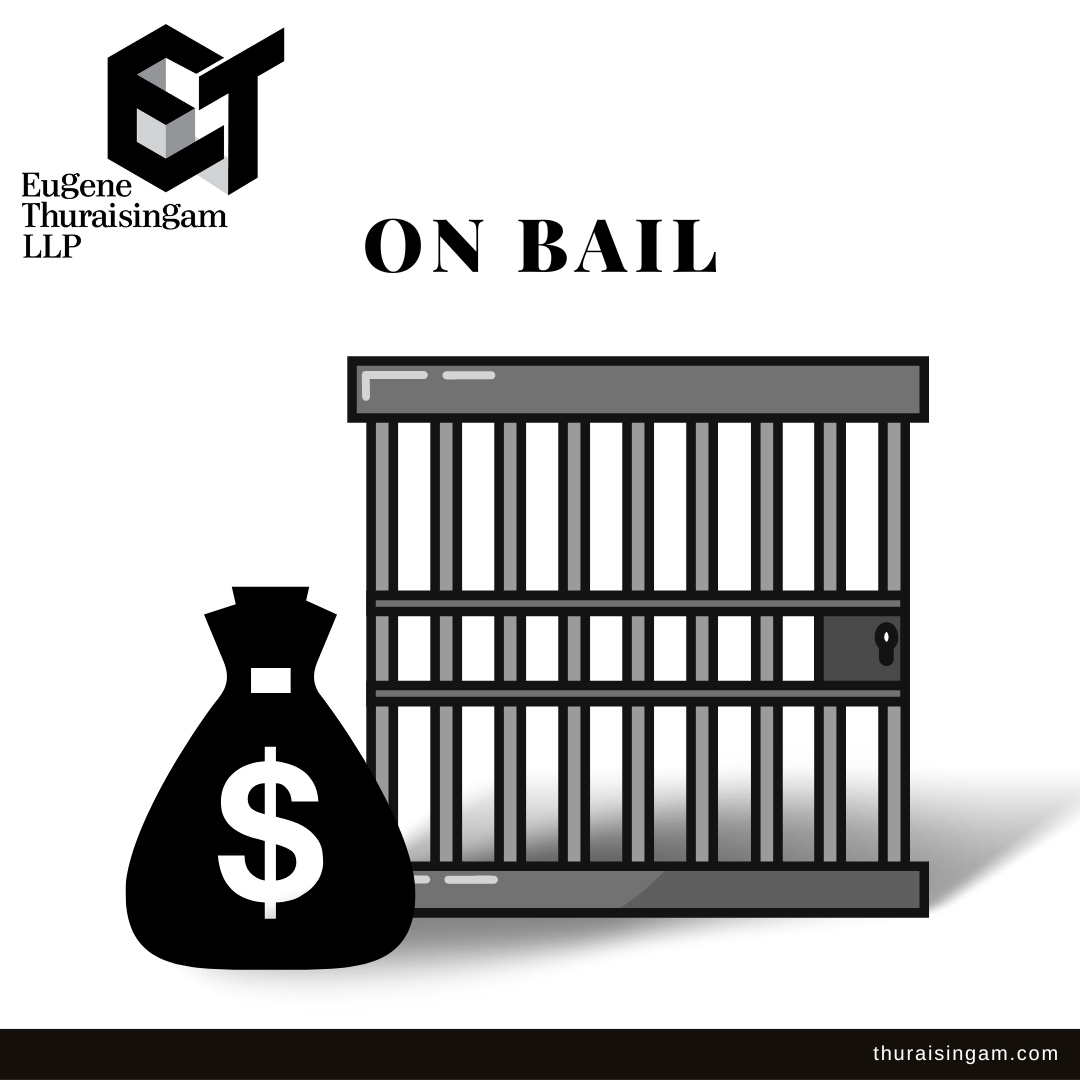Speaking up about her stolen photographs
Sharing of photos online without knowledge or consent
1. Introduction
The New Paper sought the views of our Suang Wijaya on the use or re-publication of photographs online. The issue came up after Ms Gia Lim discovered edited photos of herself on a Tumblr blog with pornographic content.
2. Background
In 2015, Gia Lim found out that her edited photos accompanied with lewd captions were circulating online. Her edited and photoshopped images of her include one of which her chest was digitally enhanced to a grotesque size with pornographic content on a Tumblr blog. These photos appear to have been taken from her social media accounts without her knowledge or consent.
It was later discovered that Lim’s full name, photos, address and the names of the school and tuition centre she attended was emailed to over 60 pornographic blogs by her former best friend. Lim started to receive messages on her social media platforms. On one occasion, she was followed by an unknown man after her tuition class. Lim got her father to pick her up and went on to lodge a police report.
An emotional turmoil took a toll on her and her O-level results suffered as a result. Years after the incident, Lim struggled with insecurity, self-blame and paranoia.
Recently, Lim made an approximately 7-miute long video sharing her experiences and posted in on Instagram and Youtube. The video is dedicated to raising awareness on issues of sexual harassment and assault in Singapore.
3. Suang comments in The New Paper
Suang:-
Under Singapore law, one generally does not have the power to restrict or control the republication or use of one’s photographs which have already been published.
Parliament may consider enacting legislation to better protect image rights, to increase the types of situations in which the subject of a photograph which has already been published may sue for inappropriate use or re-publication of that photograph of him or her.
However, care should be taken in the drafting of such legislation, so as not to outlaw socially acceptable use or re-publication of photographs.

